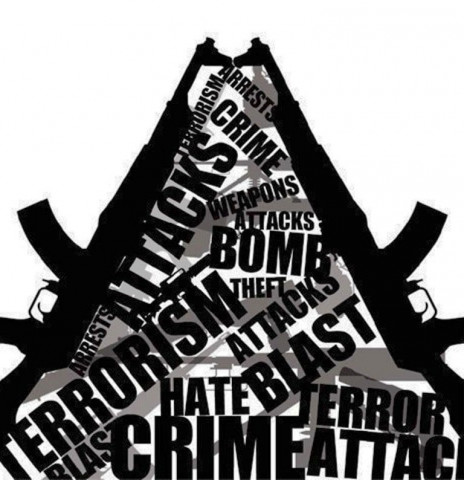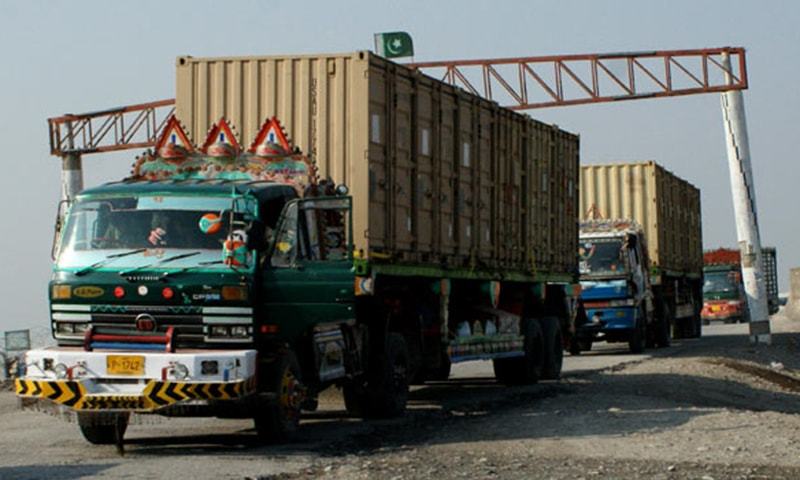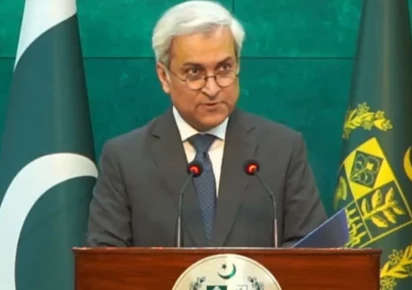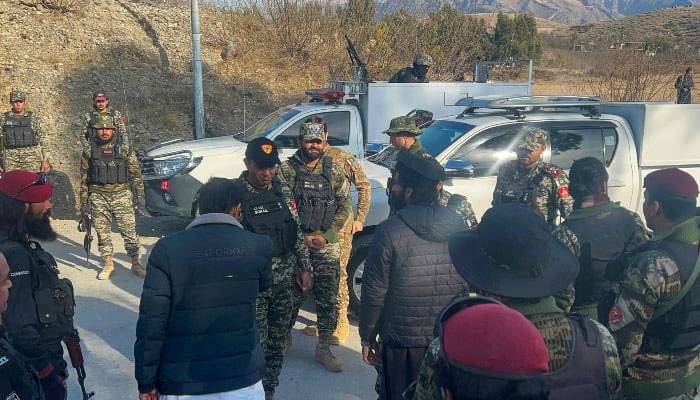By Dr Ahmad Khan
Pakistan currently stands at a defining crossroads in its protracted war against the banned Tehreek-e-Taliban Pakistan (TTP). While this organisation attempts to cloak its barbarism in religious rhetoric, its actions, ideology, and aspirations are fundamentally anti-Islamic and anti-state. For too long, the TTP has sought legitimacy through the guise of Jihad, but the reality is now starkly undeniable: they are modern-day terrorists who distort scripture to justify bloodshed and defy legitimate authority.
The most damning indictment against the legitimacy of the TTP comes not from the state alone, but from the heart of the Islamic community. The Paigham-e-Pakistan fatwa, a historic decree signed by over 1,800 Ulema representing all major schools of thought, categorically declares TTP militants and their affiliates as Khawarij (outcasts/deviants). Such a consensus is unprecedented in Pakistan’s religious history. The verdict is clear: TTP violence constitutes qatl-e-naa-haq (unjust killing), and their rebellion against an established Islamic state is denounced by every major sect. Their brutality stands in total contradiction to the core Islamic tenets of mercy, justice, and the sanctity of life.
Beyond theology, the TTP’s actions on the ground expose them as criminals rather than mujahideen. Their operations are defined by extortion rackets, forced taxation, kidnappings, and targeted killings. This is the conduct of an organized crime syndicate, not a religious movement. Even within their own ecosystem, factionalism is rampant. Various splinter groups, including the TTP, JuA (Jamaat-ul-Ahrar), and others, frequently turn their guns on one another in a violent struggle for dominance and resources. Devoid of discipline, hierarchy, or a moral compass, their ecosystem thrives on greed, fear, and anarchy.
The TTP’s propaganda war is equally hollow. They attempt to paint Pakistan as a godless state serving foreign interests, yet they conveniently ignore that Pakistan is one of the few nations with a constitution deeply entrenched in Islamic postulates. The country possesses a judicial system, legislation, and social framework oriented toward Islamic principles.1 To declare armed insurrection against such a state is not only irrational but, according to the Paigham-e-Pakistan, religiously haram (forbidden). Jihad can only be declared by a legal state authority; the TTP’s attempt to usurp this right is an attack on the very jurisprudential framework of Islam itself.
However, no argument is as powerful as the tragic history of violence inflicted upon this nation. Over 94,000 innocent Pakistanis—including schoolchildren, worshippers in mosques, laborers, soldiers, and teachers—have fallen victim to this terror. No organization that slaughters Muslims can claim moral victory. The Quranic principle regarding the sanctity of human life is repeatedly violated by the TTP, proving that their speeches merely conceal a hypocrisy that their actions reveal.
Fortunately, the veil of deception has been lifted. The citizens of Pakistan are no longer intimidated by terrorist narratives; instead, they stand shoulder-to-shoulder with their security forces.2 From the Aman Lashkars in the tribal districts to the urban centers, there is a nationwide realization that the security forces are the true protectors of the homeland, sacrificing their lives to guard every mosque, home, and inch of territory.
The war against the TTP is, therefore, not merely a counter-terrorism operation; it is an ideological and constitutional imperative. It is a battle between order and anarchy, between the true values of religion and their perversion. To secure lasting victory, we must continue to dismantle their falsehoods, deny them safe havens, and empower our communities.
The TTP’s era of deception is nearing its end. With the state, the Ulema, the institutions, and the people on the same page, the terrorists will find no avail. Their ideology is built on lies, while Pakistan’s foundations are laid in faith, justice, and the resilience of its people.
Disclaimer: Opinions expressed in the writing are the author’s own and do not represent the policy of Khabar Kada.
About the Author
Dr Ahmad Khan is an independent researcher based in Islamabad, Pakistan, with a focus on regional security, terrorism, and counter-extremism. His work analyses militancy, radicalisation, and counter-terrorism policies in South Asia and the Middle East. He collaborates with think tanks and international organisations, regularly contributing to policy dialogues.







